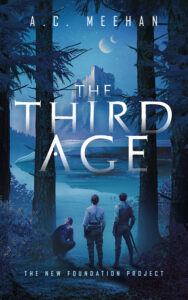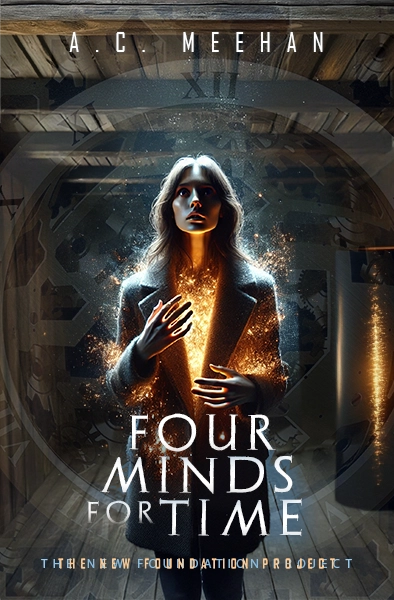I feel a constant tension between acceptance and resistance in my language life. Language changes and evolves—of course it does, because it has to be useful in a world that also constantly changes and evolves. I see that, acknowledge that, and happily use words my grandparents didn’t know or used differently.
I can also be a language curmudgeon. I try with varying success not to be pedantic, but I can get hung up on “that’s not what I learned” and could stamp my foot à la Rumplestiltskin. I’ve been thinking about why sometimes I get so exercised about changes in English and sometimes I shrug it off. I’ve come up with a few reasons such changes bother me. No doubt it’s a little of all of them, and probably others as well.
Theory #1: You can’t choose your own nickname.
I’m less bothered by change that happens organically than when it seems to me that someone woke up one day and decided to declare that up shall mean down from now on. I know, I know, that has happened since the first teenager—so maybe the fact that it feels so artificial to me now is that I’m emphatically on the far side of adolescence (to put it gently). Some of these semantic changes seem manufactured to me, and they seem more like fads to prove one’s belonging (as all slang is), which would be temporary and local in the pre-social-media world but end up feeling more official because of the digital spread. This is particularly uncomfortable when it feels like the word has been given political meaning it didn’t previously have.
Theory #2: Sometimes a cigar is just a cigar.
Those new meanings cause a related issue. I’ll reach for a word that has had a useful meaning my whole life, and I’ll discover that as of last week, that word now means something no polite person would say. This particularly bugs me when I want to use a particular word that has an older meaning (sometimes “older” is just “as of last year”) that makes it the perfect choice. For some people the old meaning will resonate, but other people might know only the new meaning, so it might backfire spectacularly—and I don’t know how widespread the new meaning may be. I have the same reaction when someone tells me that the color of my shoelaces indicates my political identity. Does “everybody” know this code except for me? The added grumble here is that gaffes like that are forgiven when the person clearly doesn’t know better. Grandparents and toddlers can say the darnedest things. In other words, the only way to be declared innocent is to be declared ignorant. I don’t want to be written off just yet just because I still need the word with the older meaning.
Theory #3: Inflation means less buying power.
Punctuation Inflation has been widely observed. If you don’t use an exclamation mark after “thank you” in an email, you may sound insincere. If you don’t use at least two to indicate agreement, you may sound unenthusiastic. Better use at least three if you actually are excited. The same thing seems to be happening with “100%.” That has quite quickly become a cliched expression of agreement, so now people are saying “1000%” to indicate they really mean it.
The problem with hyperbole is that it degrades the power of the words, and we create linguistic oddities to get around it. So because unique now means “unusual” or even just “special,” we reach for “more unique.” “New innovation” is another one, because we started using innovation when we just mean “creativity.” AI writing is not helping with this; all of our linguistic bad habits are being used to train the beast, and that could lead to runaway inflation.
Theory #4: Being outdated by accident is no fun.
There’s a distinct possibility that my curmudgeonliness is just wounded pride. I love words and have made a living and a hobby from knowing my way around language. It’s like the moment when you realize that what you knew when you graduated has been wiped away by things that have come to light since. No value in being able to name the nine planets when it turns out there are only eight. Knowing the nuances of words that are no longer in use is an equally out-of-date accomplishment. It’s one thing to be an expert on something old—to be up on original pronunciation for Shakespeare, say—and entirely something else to feel like you just don’t get it anymore.
The SEO checker on my blog consistently tells me my language is too complex. I’m afraid that’s when my curmudgeonliness really flares up. Too complex for whom? All of us have to choose how we communicate to be understood; we know our audience and adjust accordingly. If my language is too complex for search engines and some bizarre synthesis of internet users, I can live with that. And I will wear whatever shoelaces I like. 100%.




